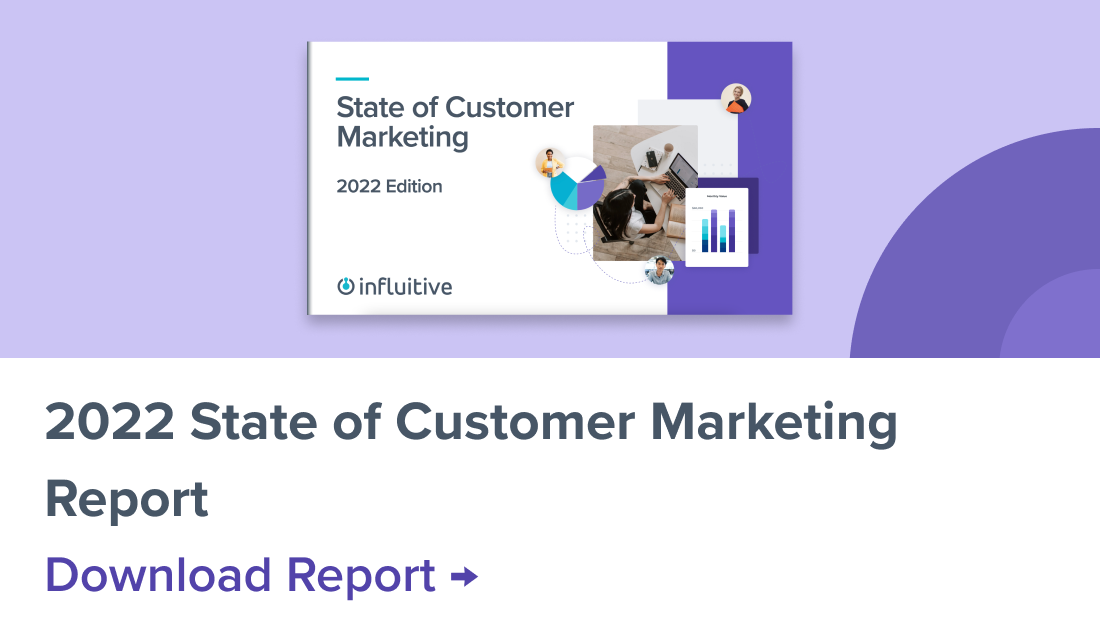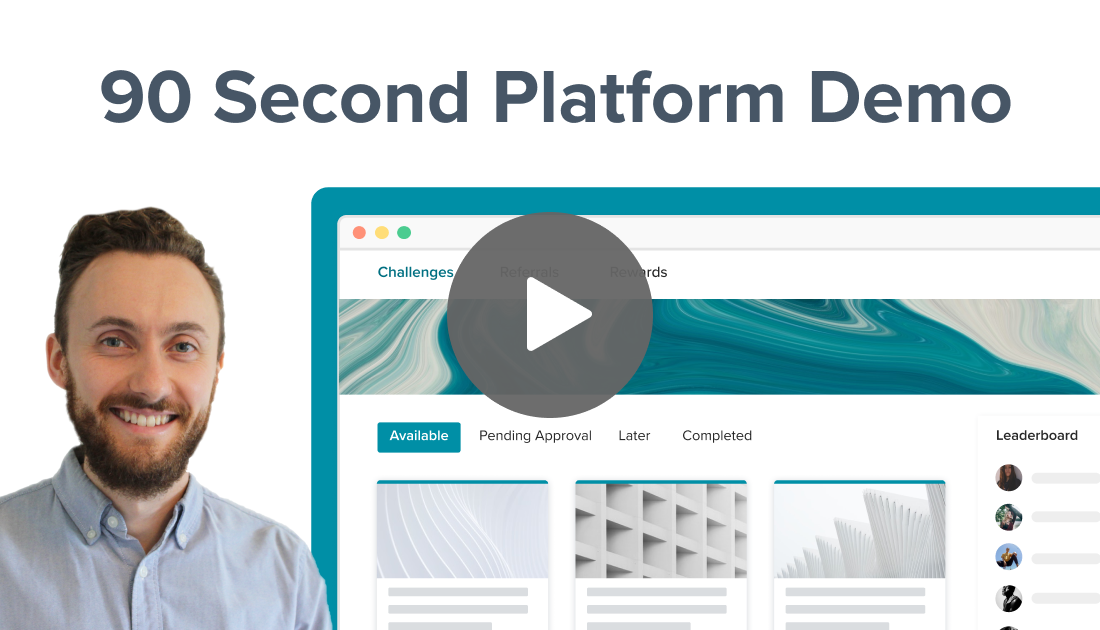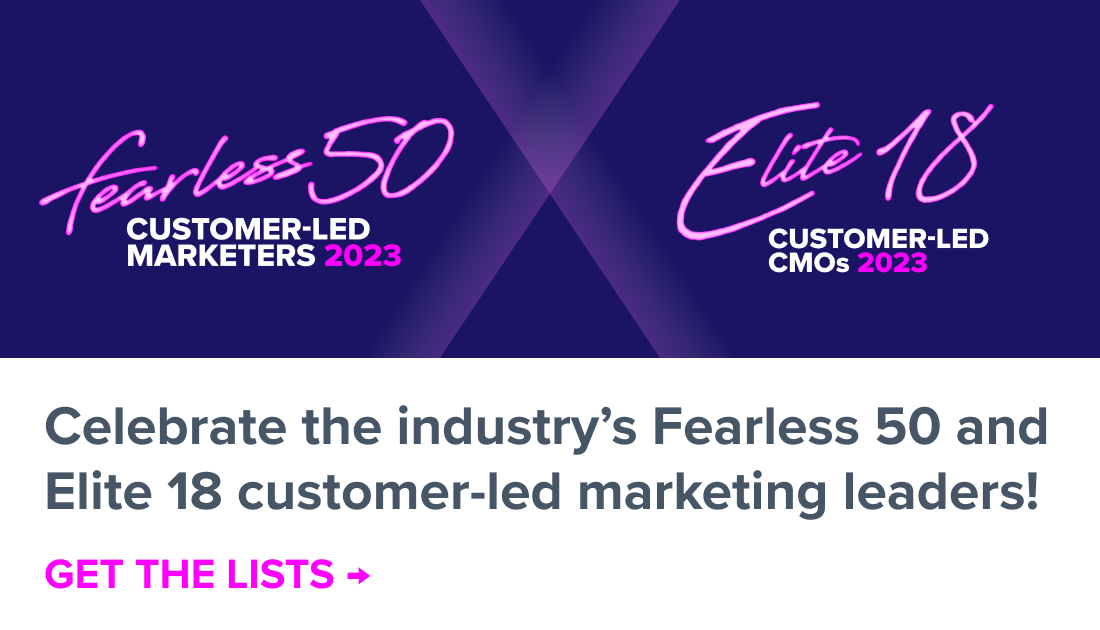 Jason Lemkin says that true customer lifetime value (CLTV) is probably 2x higher than most people think. Usually, CLTV calculations only include upsell and cross-sell opportunities. But there’s second order revenue most people forget about that results from Champion change—which is when your customers/end-users leave to work at another company and bring your solution with them.
Jason Lemkin says that true customer lifetime value (CLTV) is probably 2x higher than most people think. Usually, CLTV calculations only include upsell and cross-sell opportunities. But there’s second order revenue most people forget about that results from Champion change—which is when your customers/end-users leave to work at another company and bring your solution with them.
For B2B organizations, your end-users are not your customers; they’re individuals who currently work at your customers’ companies.
This distinction is important because these people have dreams and aspirations of their own which may or may not align with the companies that employ them. They’ll change jobs, possibly even their profession, move to higher opportunities and build new companies and teams of their own.
According to Forbes research, the average worker stays in a job for a little over four years. Millennials are expected to stay in a job for less than three. As your customers move to new opportunities, they will likely gain more wealth and influence. The specialist today will be a manager tomorrow; the manager today will be a director tomorrow (and so on). They’ll influence not only purchasing decisions, but their entire team—which will contain future champions who will evolve professionally, too.
The question remains, however, in their new roles, will they champion your brand and your suite of solutions?
The answer depends on how much personal value you show them.
Business Value vs. Personal Value
You may provide superior business value than competitors, but this isn’t always enough. Purchasing decisions often depend on whether you delivered personal and emotional value.
Research has shown that customers don’t see a real difference between suppliers and don’t value the difference enough to pay a premium for it.
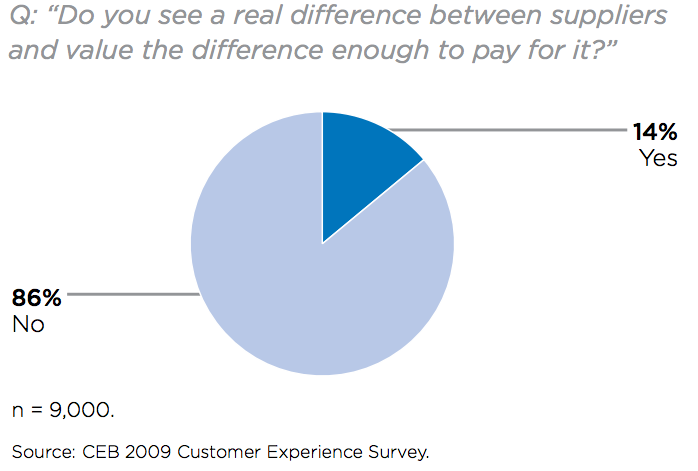
Personal benefits, on the other hand, have a far greater impact on purchasing decisions.
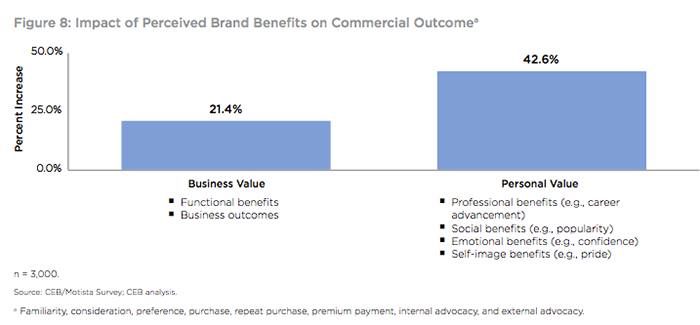
Ultimately, the personal and emotional value delivered by the supplier is the greatest influencing factor in a purchasing decision.
The key to delivering this kind of value is through fostering long-term, 1:1 relationships with prospects and customers.
Building lifelong B2B brand relationships
For decades, consumer brands have been able to create emotional attachments between their products and their customers. As people grow in their personal lives, the brands they associate with the best moments of their lives remain with them forever. When you recall your first college football game, your first drive, or your first date, there are emotions, as well as brands, connected with those memories—like the car you drove, the soda you drank, etc.
There’s no reason why B2B companies can’t build the same emotional connections with customers—the difference being that instead of becoming part of their personal milestones, you need to be part of their professional milestones.
Ask yourself: will your brand be there when your customers:
- Interact with content that changes their thinking?
- Network with someone who opens new doors for them?
- Get applauded for an idea, or a presentation they make at an event?
- Are promoted for achieving outstanding results?
You might argue that purchasing committees, third-party buying consultants and corporate procurement processes have always distanced the B2B marketer from the purchasing customer. Because of this distance, you may think that as a B2B brand you’re only there to help them fulfill a function in their role. This might have been true in the past, but the distance can now be eliminated by forging a direct relationship with your customers by engaging them in new ways—like through an advocate marketing program.
Grow loyalty by focusing on your customers’ personal brand
At Influitive, we use our advocate marketing program (Influitive VIP) to make customers laugh via fun and engaging challenges. We make customers reflect by sharing thought provoking ideas. We help customers advance their careers by helping them achieve their goals. We make customers feel fulfilled by connecting them with their peers, and showcasing their work, ideas and thoughts in our community.
Here’s a few easy ways you can engage your customers and become part of their professional milestones:
- Be a source of industry news, and share career-related resources that will help them grow in their role.
- Recognize their contributions proudly in your marketing collateral. Feature them in blogs, case studies and videos. Give them shout outs on social media when they achieve a certain goal or earn a promotion. Just make sure the spotlight is on their accomplishments—not your product.
- Celebrate their success internally. Put their achievements in an internal newsletter so employees know to congratulate them when they interact with the customer.
- Engage them before, during and after events. Better yet, help them get speaking slots, create awards submissions, or ask them to share their success stories with prospects at your booth.
- Give them access to your C-suite. Any opportunity you give them that helps them learn, make new 1:1 connections and be heard by executives will make them feel appreciated.
Whatever you decide, make sure your advocate marketing approach centers on your advocates. Deliver an experience that makes them feel cherished and helps them grow. In return, they’ll be a loyal advocate for your brand throughout their entire career.








